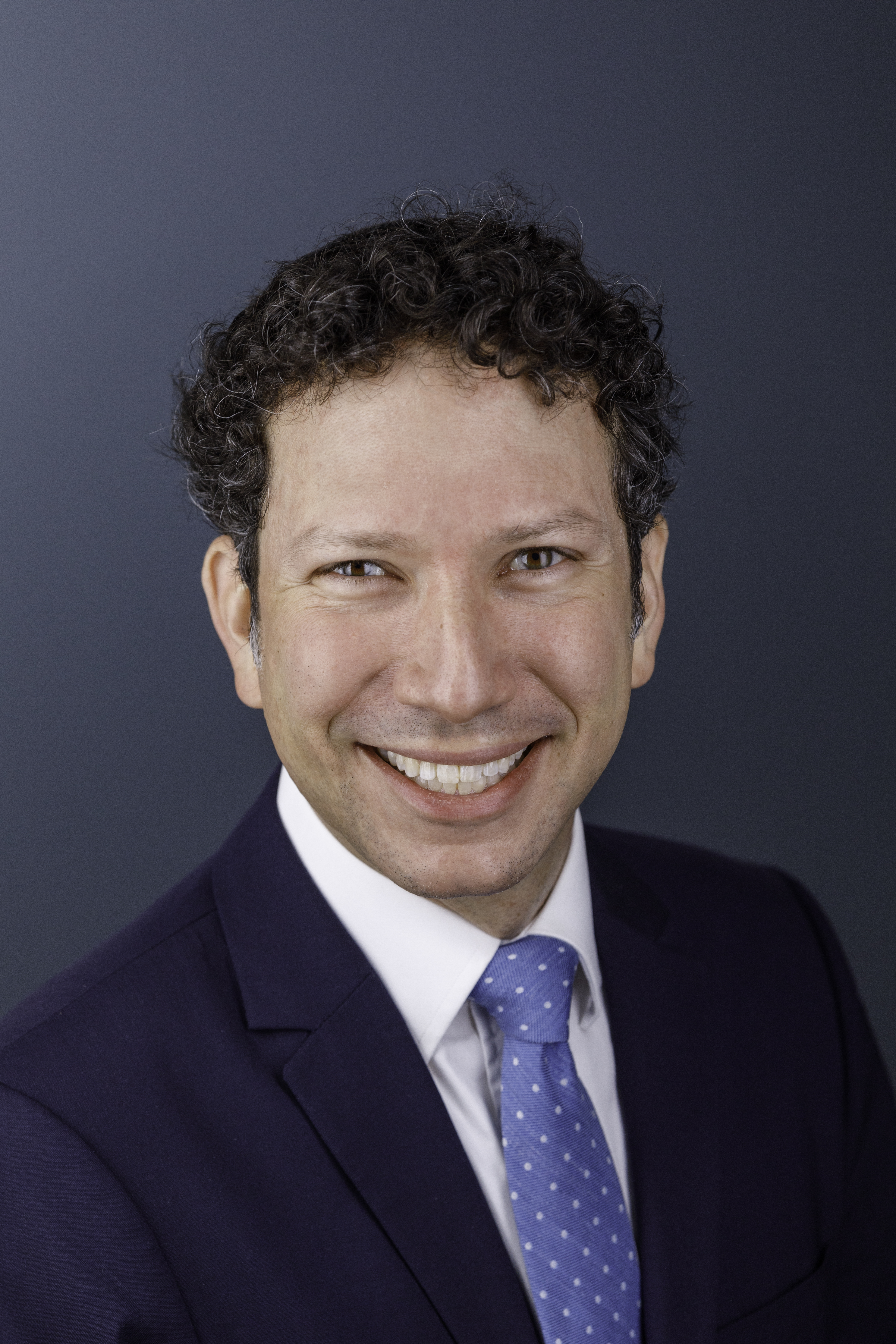The University of Kansas’s Jewish Faculty and Staff Council (JFSC) recently elected Dr. David Slusky as its new president. The organization, now in its second year, is intended to be a resource for KU’s Jewish professionals regarding matters relevant to Jews at the university.
JFSC was created “in order to ‘gather the Jews,’ create community, support [and] advocate for causes,” said Ira Kirschner, founder of the organization and past assistant director for student engagement at KU. The goals listed in its founding documents emphasize interaction, fellowship and support among Jewish faculty and staff; advocacy for diversity and equality; and collaboration and relationships with other councils, KU organizations and leaders.
JFSC is not affiliated with other Jewish organizations and groups. It serves the KU Jewish population by uniquely representing university staff. These Jewish professionals help serve more than 22,000 undergraduate and graduate students of all backgrounds and studies.
KU has a relatively large Jewish population compared to other universities. Hillel International ranks KU number 50 in its “Top 60 Public Universities by Jewish Population” list and estimates that 7.3% of KU undergraduate students are Jewish. The university has a Jewish studies program, and organizations like KU Hillel and KU Chabad serve the Jewish student population.
Dr. Slusky said that in addition to the Jewish students, there are many Jewish faculty and staff at the university.
“There are so many more Jews on campus than I thought,” he said. “Especially staff, as faculty don’t normally interact with staff outside our units, and there aren’t systematic ways to bring faculty and staff together. [It has been] so wonderful personally to meet more individuals whose identity and background overlap with mine and even learn that I had more in common than I thought with those I already knew.”
A number of issues face the Jewish professional and student populations at KU. Dr. Slusky said that JFSC is working on addressing the lack of certified kosher food and scheduling of events around religious holidays.
“In a related issue, the university has given extra paid days off during the last week of December,” he said. “It would be more equitable and better promote religious and cultural diversity if these days could be banked for other significant days [such as Passover].”
Like many Jewish organizations, JFSC also aims to bring awareness to antisemitism. JFSC hosted a two-part program last spring about antisemitism, and Dr. Slusky said the organization plans to offer another in the coming year.
In addition to his new role as president of JFSC, Dr. Slusky serves at KU as a professor of economics and interim chair of the Department of Speech-Language-Hearing. He is a past associate chair and director of undergraduate studies in KU’s Department of Economics, and he is the executive director of the American Society of Health Economists. He has a Ph.D. in economics from Princeton University.
Dr. Slusky is active in the local Jewish community as a trustee of Hyman Brand Hebrew Academy and member of Congregation Beth Israel Abraham and Voliner and Congregation Beth Shalom. He and his wife, Dr. Joanna Slusky, have a daughter, Havi, and split their time between Lawrence and Overland Park.
In addition to Dr. Slusky as president and Carolyn Caine, a research development and administrative specialist at KU’s Institute for Policy and Social Research, as vice president, JFSC currently has about 35 members and continues to grow.
JFSC is one of KU’s multiple faculty and staff councils, each representing a diverse subset of KU’s professional populations. In addition to JFSC representing the Jewish community, there are self-governing faculty and staff councils which represent the Asian and Asian-American, Black, disabled, international, Latinx, LGBTQIA+, Native American and women of color communities.
“There is a lot of institutional infrastructure and funding behind these efforts,” Dr. Slusky said. “I am consistently inspired by the collaborative efforts to repair the world across religions, cultures and communities in the Kansas City region. I am honored to be able to be part of that endeavor here at KU.”
